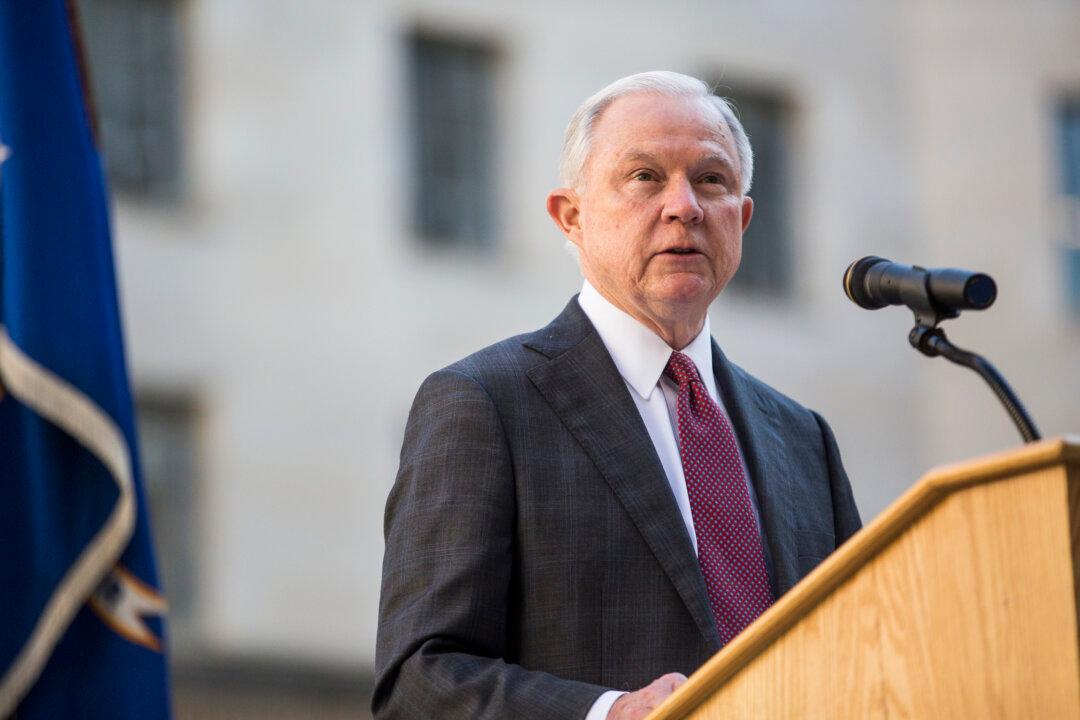Since late October, more than 9,000 sealed indictments have been filed in districts across the United States. Sealed indictments are typically used in prosecuting individuals or criminal networks in cases where revealing names could lead individuals to flee or destroy evidence.
As of Dec. 22, 2017, there were 9,294 sealed indictments, according to data collected by researchers and gathered from the Public Access to Court Electronic Records (PACER) service of the federal judiciary. This includes 1,224 in the central district of California, which includes Los Angeles; 194 in Washington; and 248 in the southern district of New York.





